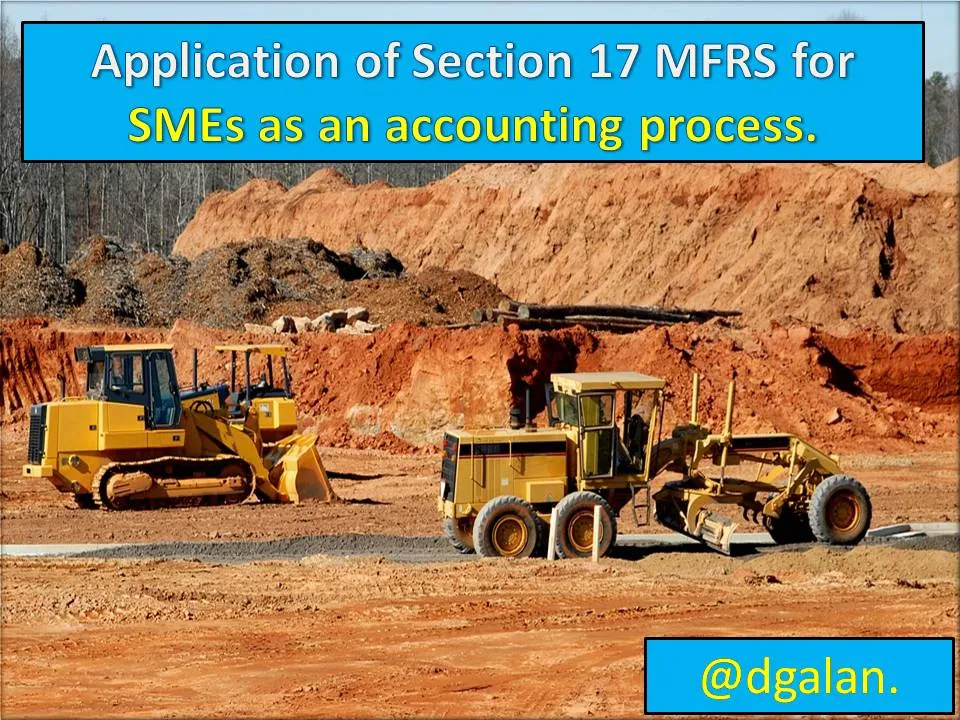Written by:Diomer Antonio Galán Rincón.
Bachelor's Degree.Public Accounting / MSc.Science of Higher Education.
Introduction
Accounting is an aspect of vital importance for companies, because any organization that intends to be successful in its management, must keep an orderly record of its operations, following rules and procedures to avoid errors regarding the handling of money, also ensures control over the issuance of financial information of companies, which is valid before public and private agencies.

Author: @dgalan,through Power Point 2010 tool, and using public domain image Pixabay
In this sense, it is necessary for every company to have an orderly accounting process, with clear goals and standards, which are adapted to the legal regulations in force in each country, including those issued by entities formed by professionals in the area. In this regard, López (2002) points out that the accounting process consists of "the set of phases through which accounting obtains and verifies financial information.
In this order, it is mentioned that the application of the International Financial Reporting Standards (IFRS) arises from the need to establish international standards to guarantee the validity of the financial statements of a country at an international level, in order to reach agreements on the standards to be followed. In Venezuela, the application of IFRS is unavoidable for the comparison of financial information among the different countries by means of uniformity in accounting standards.

Image taken from:Pixabay
According to the above, the IFRS for SMEs are established for small and medium-sized companies, their relevance lies in the number of these small entities that exist in the country, they are a fundamental part of the economy, their contributions to the growth of the same is important, hence the need to implement standards that are suitable for their administrative and accounting activities.
The IFRS for SMEs has several sections, among these, number 17, which aims to prescribe the accounting treatment of property, plant and equipment, so that internal and external users of the financial statements can know at certain times the information about their investments that the entity has in its property, plant and equipment, as well as the movements that have occurred in such investment. The main difficulties that arise are the recognition of the assets, as well as the determination of their amount in the respective books and the depreciation charges and impairment losses (wear and tear) that must be valued and recognized in relation to them.
conclusion
It is important to point out that if IFRS 17 is not applied, companies run the risk of having incorrect incorporation and measurement records, as well as aspects related to the depreciation of equipment, generating misinformation on the real financial situation of the companies, with the respective consequences, such as a decrease in the value of the total assets or their overvaluation.
I hope you like my article and I would appreciate all your comments.
BIBLIOGRAPHICAL REFERENCES CONSULTED:
1.- IASC Foundation (2009) Training material on IFRS for SMEs. Module 17: Property, Plant and Equipment. 2.- López, A. (2002) Accounting Research Methodology 3rd Edition. Thomson.
